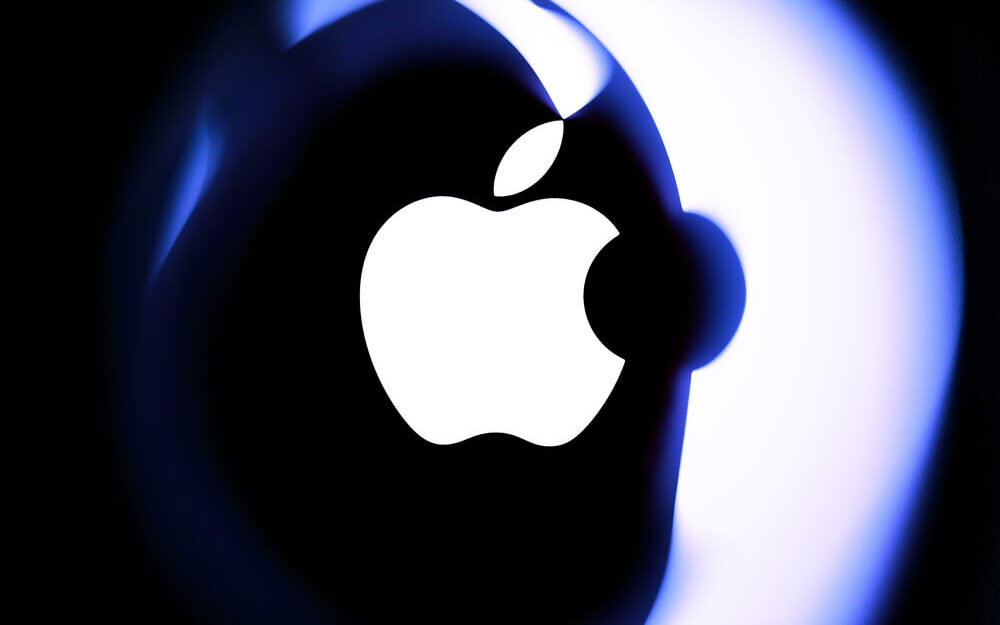Separating technology winners from losers is easier than most investors believe. In many cases, the competition was over long ago.
Apple, Inc. (Nasdaq: AAPL) has assembled some of the brightest minds in cloud computing, according to a Monday report from Protocol. There is speculation the Cupertino, Calif., company wants to get into the cloud business.
It’s an extremely foolish endeavor. And it’s one that Apple tricked itself into believing is viable.
The iPhone has been a wonderful business. Customers are loyal. The allure built a cottage industry of sycophants who believe Apple can win anywhere managers take the company.
This simply is not true.
Remember when Apple managers said the company was a luxury brand? The Apple Watch Edition, a $10,000 gold smartwatch, was supposed to challenge Rolex and Phillip Patek.
Then came the iPhone X. Its gaudy $1,500 fully-loaded price tag was supposed to scoop up adoring fans.
Both products failed to meet sales expectations.
These days, Apple is focused on a $399 iPhone with rummaged cases and screens from a bygone era. That’s because the company’s energy isn’t going into their phones anymore. Services are the next big thing, executives say.
The unspoken pitch is Apple has so many people paying monthly service fees for music, cloud storage, software and TV programming, that investors shouldn’t worry about iPhone sales.
The problem is, with the exception of software, none of those businesses are very profitable. Apple TV+, its new Netflix (Nasdaq: NFLX) competitor, suffers from critically panned content and questionable business practices.
Quartz noted last August that “The Morning Show”, a low-rated drama starring Jennifer Aniston, Reese Witherspoon and Steve Carell, had a budget greater than Game of Thrones — a show notorious for having the most expensive production in television history at the time it aired.
Now, Apple wants to try its hand at the cloud. Managers want to be a digital transformation player.
However, the iPhone maker is likely to fail miserably.
Apple stopped innovating long ago. Hiring away expensive talent doesn’t change culture. And for a decade since iPhone, the company has gotten fat and lazy.
The cruel irony is iPhone started the digital trend. Those devices changed the way we make purchases, exchange information and consume content.
The very companies Apple now hopes to disrupt in the cloud, Amazon.com (Nasdaq: AMZN), Microsoft (Nasdaq: MSFT) and Alphabet’s (Nasdaq: GOOGL) Google Cloud, became e-commerce, mobile productivity and search kingpins on the coattails of iPhone and later iPad. They wouldn’t exist if not for Apple, and yet they have already surpassed the innovation the Cupertino, Calif., company is capable of.
Managers at these three cloud giants have dedicated years to innovate and used surging cash flows to build data centers all over the globe and lay undersea internet cables. They invested in software to build out the cornerstones for the next generation edge in computing, blockchain, networking and self-driving cars. But these platforms can’t be easily recreated, even by a company with Apple’s considerable financial resources.
Simply put, Apple is not going to challenge for market share in these businesses. Shares were decided long ago. The leaders, armed with scale, expertise and innovation on their side, are not going to be usurped any time soon.
By contrast, Apple bet everything on iPhone. When sales peaked in 2015, instead of innovating, the company began an unprecedented share buyback strategy to mask weak sales growth.
Apple shares nearly doubled from the end of 2016 to mid-2019. During that time, the company had flat net income at about $55 billion. Managers purchased a staggering 1.2 billion shares in the open market, leading to per share earnings to rise from $9.22, to $11.51.
Sales are certain to fall in 2020 as the company grapples with a global pandemic, closed stores and a best-selling iPhone that costs only $399.
For Apple, there is no easy way out of this conundrum. The smartphone market is mature, and iPhones last longer than most devices. As upgrade cycles stretch, sales decline.
Apple put itself in a very tough position and will have to figure out a brilliant comeback strategy to get back to their full potential. Otherwise, it’ll soon learn that resting on its laurels isn’t going to cut it.
Best wishes,
Jon D. Markman
Weiss Research Inc.
